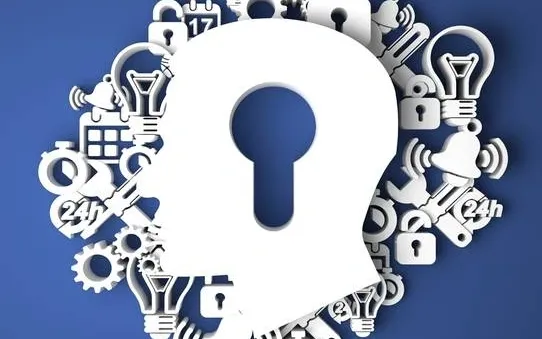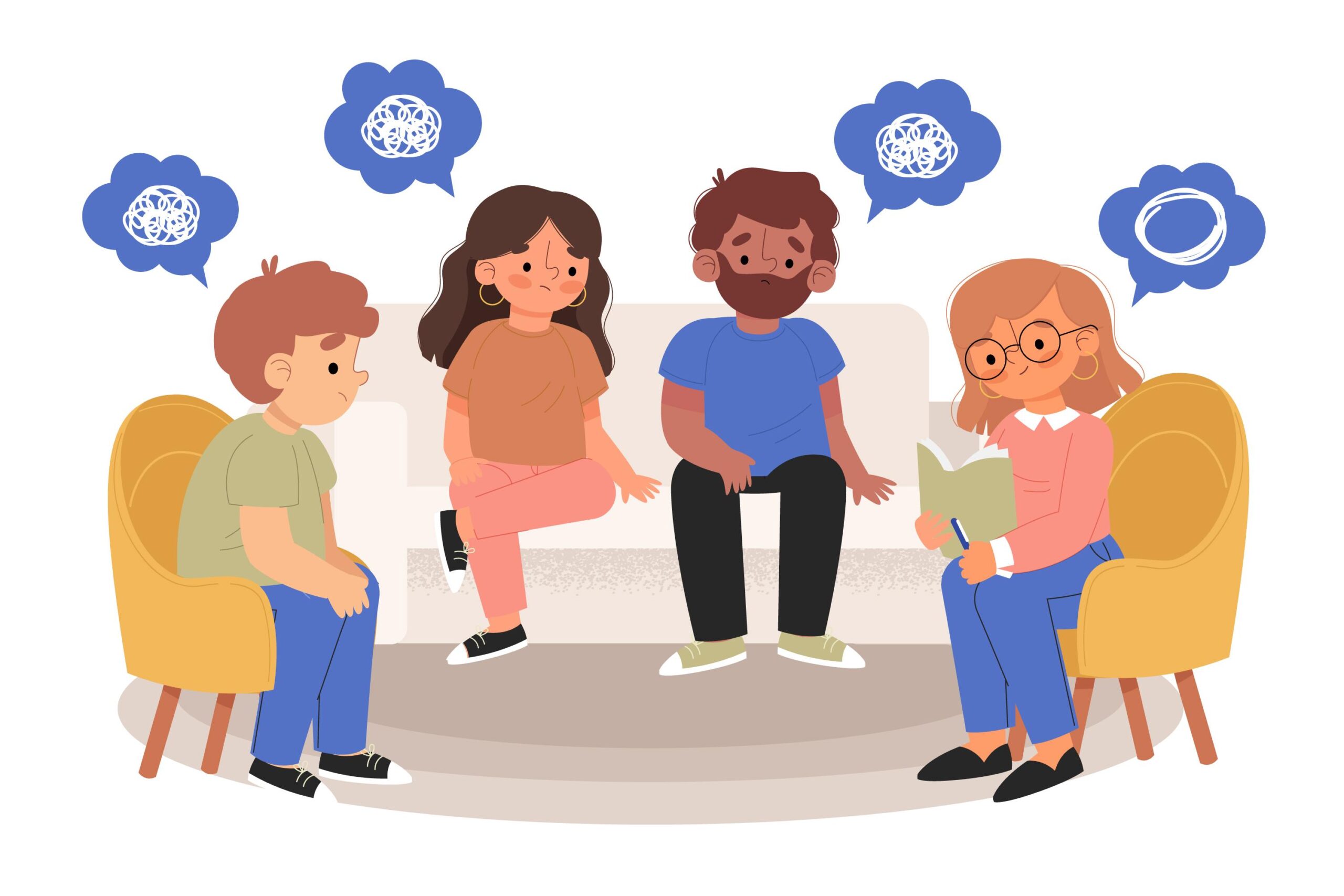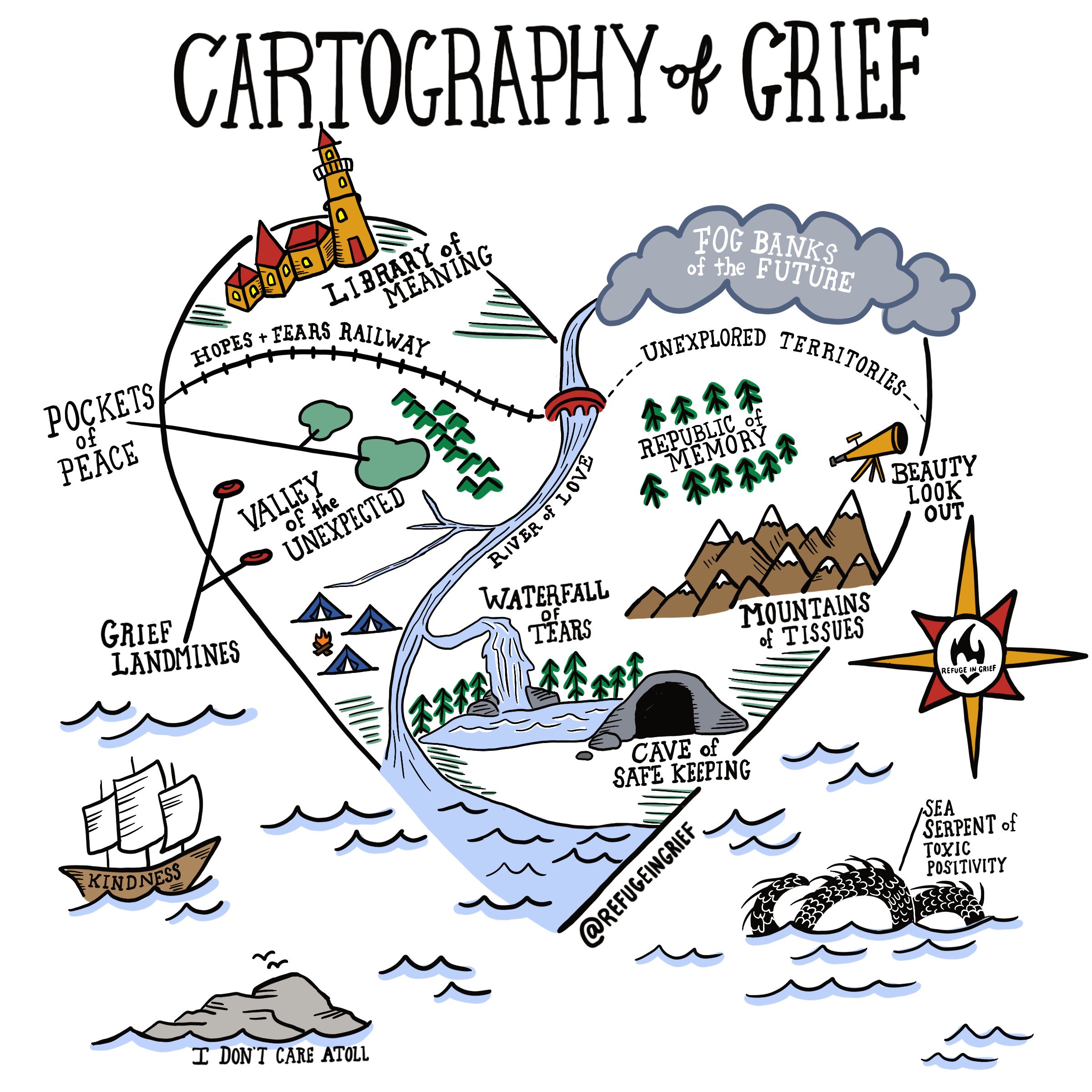A Blog by Aadhisha Shirish and Siddharth Sharma
Who is a psychologist?” In simple words , a psychologist is a person who studies the mind and behaviour and helps an individual reestablish his way of life.” So does it mean that he/she should themselves be immune to the various stresses in their life? “ The answer is “NO”.
Now this is one of the questions to which people tend to have a wrong conception. People usually tend to believe and expect individuals pursuing psychology as their career to be completely immune to the various problems that they face in their life. Many of us might have faced situations in which we are told “You are a psychologist , so you should be the one understanding and should let things go!” or something like “Why are you overreacting? You should be able to deal with these issues as it is what you have learnt in your stream.”
People tend to forget that psychology is like any other field where the personal and professional life is different and it should not be mixed. Just because psychologists deal with mental issues and give positivity to others, it is often forgotten that they after-all are humans as well, who like any other individual can and do feel all the emotions.
So it is really important for everyone to understand that in spite of the fact that psychologists are specially trained to help clients through difficult and troublesome moments, they are only humans and are not immune to the various emotional stressors that their profession presents them with.
EMOTIONAL STRESSORS THAT A PSYCHOLOGIST FACES
1. Compassion fatigue:-
Compassion fatigue results from experiencing empathy and relating to the clients going through emotional dysregulation and trauma. Clinical therapists are confronted with numerous sentimental and psychological demands, for example, taking care of client stress, injury, uneasiness and gloom. Despite the fact that they are prepared to deal with these issues, they can in any case become worried by sentiments of exceptional sympathy and compassion.
2. Professional isolation:-
Clinicians in private practice might not have the chance to converse with different psychologists during the ordinary course of their workdays. Proficient disengagement can cause disappointment and result in feeling distant from advancements in the field, particularly if therapists don’t search out opportunities to talk about cases in peer oversight or go to proficient gatherings.
3. Practice demands:-
A portion of the business-related requests psychologists frequently need to incorporate patient booking, charging, insurance and oversaw care requests, diminished income and paying rent on office space. Contingent upon their region of training and area, a few clinicians may encounter worry from having such a large number of clients and expecting to dismiss referrals, while others may battle with acquiring referrals and managing low caseloads.
4. Personal issues:-
Clinicians have lives outside of their expert practices. They manage individual issues, for example, misfortune, relationship issues and stress, much the same as any other person. The association between close to home issues and expert practice can be a noteworthy reason for passionate pressure, particularly in the midst of intense emergency. It very well may be hard to set your own interests aside for later while taking care of the necessities of your clients.
OCCUPATIONAL HAZARDS FACED BY A PSYCHOLOGIST
There are a series of problems that a psychologist faces on the occupational front as well, a few of which is given below:
- Job pressure, as experts working with individuals in trouble
- The demands and significance of clinical and professional duty
- Changed and frequently rapidly moving job demands
- The test of dealing with the private, confidential and nonreciprocal nature of the client/therapist relationship
- Disconnection in the work setting
- Job qualities that make psychologists inclined to burnout (e.g., constrained authority over results, restricted assets, elevated level of involvement)
- Vulnerability to personal distress from empathetic commitment with traumatised clients
- Business and financial pressures (for example diminishing income and independence, loss, oversaw care requests)
- The associations between personal stressors and our work demands
EFFECT OF THESE STRESSES
- The psychologists can face several serious issues like depression, job dissatisfaction, relationship conflicts, other addictions, stress related illnesses, etc.
- Meanwhile, this will have an adverse impact on the client’s life as well. For example:- Boundary violations, loss of faith in therapy, despair , compounding side effects, guilt, etc.
- The profession of psychology will also face effects like bafflement/ disillusionment, loss of credibility, legal claims, scepticism, etc.
THERAPIST’S SAY ON COPING STRATEGIES
“Knowing your own darkness is the best way to deal with the darkness of other people”, said Carl Jung. This is a very necessary pointer that every mental health worker should keep in mind because only when we are able to understand, differentiate and accept our emotions, we will be able to understand and help our clients.
Different psychologists use different ways of dealing with their stresses and their emotions. Again, it is not necessary that a coping strategy used by one psychologist should successfully or mandatory be effective for all the others. Because effectiveness of coping strategies is dependent on a series of factors like the individuality of a person, the nature of the problem, the individual’s perception of the problem, the domain in which an individual needs help and the type of help/ solution an individual needs.
The first and foremost step in dealing with stress individually , according to many psychologists is recognising that you are actually stressed out, which is not very obvious at times. Then comes implementing the strategies which could involve
- Soothing your senses and sneaking out for moments of self care
- Any form of art that you enjoy like drawing, writing, singing, dancing, etc ; something that can make you feel happy and light for that time.
- Pursuing your hobbies like cooking, gardening, meditation, listening to music, etc.
- Spending time with your loved ones
- Taking a break if felt necessary
- Maintain a constant manageable work clock
Some of the psychologists also suggest the use of positive psychology and positive self talk. The most important of all is getting things off your chest and talking to someone close and trustworthy when felt necessary.
CONCLUSION
“Life doesn’t make any sense without interdependence. We need each other, and the sooner we learn that, the better for us all.” –Erik Erickson
This quote is the best conclusion that could be as it speaks about how every individual needs somebody or the other in their lives ;thereby breaking the myth that psychologists can and should always get through personal distress on their own or the belief that they should be accepting of all the negativity without getting affected. It is very important to understand that psychologists are no magicians, neither are they any kind of mind readers. They are basic compassionate humans who work on the basis of certain assumptions and knowledge provided to them to help people restore their lives.
– Blog by Aadhisha Shirish and Siddharth Sharma













